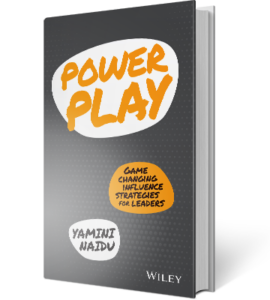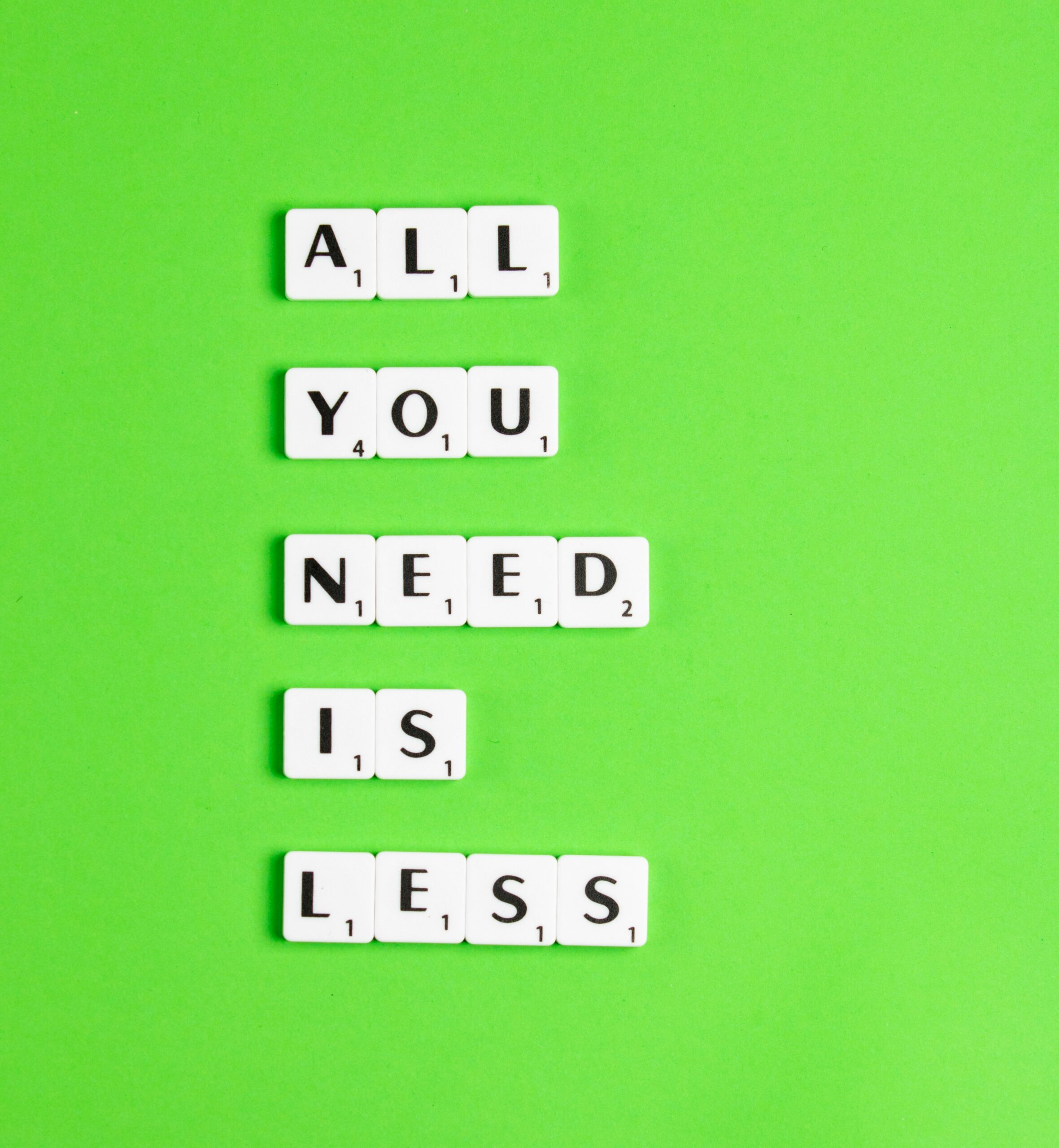
I was walking my dog this morning, and a lady bolted out of her car with a podcast on full blast. I caught one line ‘The heaviest weight in the gym is the front door!’. That got me thinking why is behavioural change so hard? This could be personally, professionally or in society.
Being a research nerd here are some of my best science backed strategies.
James Clear has this wisdom in his best-selling book Atomic Habits: An Easy & Proven Way to Build Good Habits & Break Bad Ones. ‘Environment is the invisible hand that shapes human behaviour’. Survey after survey shows that people fully support recycling. Yet in shopping mall food courts, people loath walking a few metres to dispose of their rubbish responsibly. Instead of expensive complex solutions, the bins were moved, so consumers practically had to walk between them after their meal. A tweak in the environment made the behaviour change effortless.
For me personally, I have now set up a yoga mat permanently in my home office. Yes, you might have seen it on our zoom calls! Having the mat in plain sight is a minor change in my environment. But has increased tenfold (OK slight exaggeration there😇) the number of yoga stretches I do daily.
Instead of selecting the most punishing regime and going hell for leather, Dr Katy Milkman’s advice is smart. Make it fun! In her book How to Change: The Science of Getting from Where You Are to Where You Want to Be she describes the concept of ‘Temptation Bundling’.
This is linking habit building to something you enjoy. So, watching your favourite Netflix show only after exercising, for example. Adding in instant rewards overcomes two key challenges of behavioural change–boredom and often the lack of instant gratification.
Some of Dr Milkman’s research is counterintuitive, but insightful. She worked with two groups of Goggle employees, both starting a new gym habit. One group nominating to go at a consistent time each day, and the other group nominating to go at a flexible time each day. They rewarded both groups for this behaviour for a month. Enough time to build a habit.
When researchers removed the reward, they thought consistency would build habit. But were shocked to find it was the group that had the most flexibility that persisted with the habit. Build consistency, but if you break the rule, be flexible so a downward spiral doesn’t kick in. Rigidity is the enemy of behaviour change.
What if you are laser focused for a month or two and then drop off the band wagon, never to return? Imagine a perverse version of Arnold Schwarzenegger’s quote in Terminator saying ‘I’ll be back – never’!
Researchers Marissa A. Sharif, Suzanne B. Shu have a nifty solution. They recommend emergency reserves. Giving yourself a couple of get out jail free cards. If you slip up, it’s part of the process you have set up. The emergency reserves help you forgive yourself and get back on track.
This also helps you counter what marketers have so niftily named ‘The what the hell effect’. You eat something unhealthy, and then write off the rest of the day or diet with a ‘what the hell’. Recognising the start of this spiral, being able to reset and using one of your emergency reserves can all help.
Most important. It’s not always about hustle and hard work, but also about heart. Be kind to yourself. Achievement and self-compassion can feel at odds. British comedian Ruby Wax writes. ‘When I hear of people being kind to themselves, I picture the types who light scented candles in their bathrooms and sink into a tub of Himalayan foetal yak milk’.
Yikes! Funny but yikes. However, there is an emerging field of self-compassion research. Being kind to yourself is the best thing you can do, for any behavioural change and for your long-term physical and mental health. It’s your secret superpower, and it’s totally free!
What are some strategies you use to build and sustain behaviour change? Please share.
I love hearing from you.
Yamini
* A quick post dog walk google search revealed this quote is from Ed Latimore. Author, retired boxer, self-improvement enthusiast.

Power Play
Great leaders are mega influencers, but could their tools of influence be out of date? To influence today, you need more than just the traditional approaches of yell and tell (coercion) and sell (persuasion). With this book, learn new and commercially savvy alternatives that will help you deliver outstanding results in the modern workplace. Influencing others isn’t magic – it’s a skill that you can make work for you.
Recent Posts
You Won’t Believe What I Saw in the Park

My name is Yamini Naidu, and I’m an addict

One power move for every time you present

Fascinating, but I’m not sure I could – can you?

One technique that changed my presentations forever

I went psycho in the gym this morning
Categories
- Books2
- Business storytelling articles37
- Business storytelling examples47
- Business storytelling techniques75
- Business Storytelling training64
- Case Study5
- Conference Speaker3
- Examples of Story66
- Inspiration33
- Interview with…7
- Latest Posts185
- Life hacks3
- Presentation Skills17
- Speaking11
- Technology3
- Thoughts111
- Uncategorized3
- X Factor12
